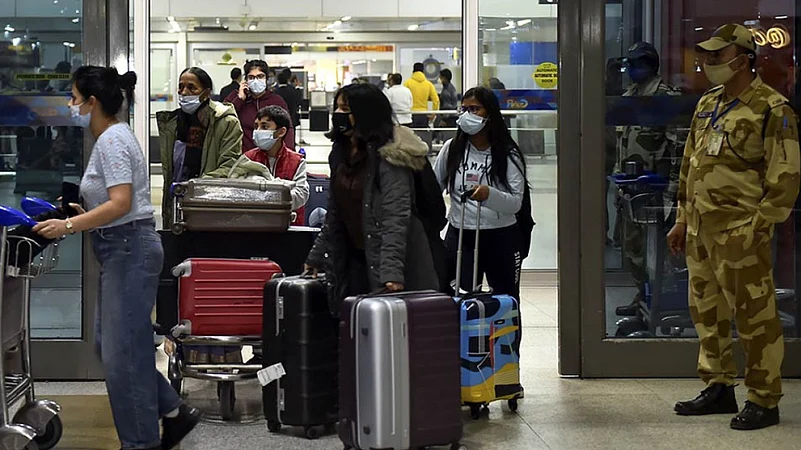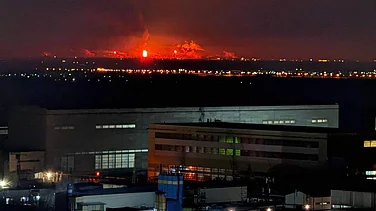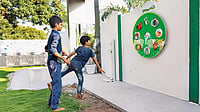Aniket Bhausaheb Latpate, a 1st-year student of Kharkiv National Medical University, has horrifying memories of staying in a bunker in the middle of tremors of bombing in Kharkiv, the second-most populous city in Ukraine which is under fierce attack from the Russian army.
He is still in Ukraine but out of Kharkiv to a safe destination. “I don’t know the exact location where I am but my seniors have told me that we are out of danger zone, “he said. A resident of Maharashtra in India, he went to Ukraine just recently to do his MBBS course without realising that it would end up in a life-threatening nightmare.
“We witnessed heavy bombarding with the intensity of 5 to 20 bombs per minute. We could feel the tremor. We were playing Ludo, singing songs, hoping things would become better. At times, we woke up due to tremors that sent shivers down our spine,” Latpate said.
He added, “We were there for each other. We sang songs and kept encouraging and motivating each other as we knew the situation outside."
Latpate said that when the Russian military operation started on February 24, they collected whatever food they could get their hands on and went inside the bunker. He remained inside for six days as first-year students were not allowed to come out of the bunker.
“Only seniors were going out on the upper floors to collect some stuff if required. I didn’t see sunlight for six days. I tried to go out once but bombing started and we came inside immediately,” he said.
There were 350 students in his bunker which was in the lower basement of his college hostel and there were many such bunkers in the city where thousands of other students were hiding.
“We didn’t get any help from Indian Embassy for anything. I didn’t call them directly but my seniors and coordinators were in touch with them. We are thankful to our caretakers due to whom we survived. They have taken huge risks at every step to keep us safe,” Latpate said.
He is writing a diary every day as the day goes and plan to publish it somewhere so that he can let the people know the plight of students. Latpate said that all the students had to keep the phone on switch-off mode most of the time after dark to prevent airstrikes. The light from the bunker can give an indication to the enemy that someone is hiding inside and they can attack.
“We were getting food but on March 2 when we left the bunker, the food stock was only for one day. Since we were 1200 to 1400 km away from the Romanian border, we were not sure about our evacuation. We knew it was nearly impossible to travel so long a distance and there was no safe route available,” Latpate said.
Another girl student, who spent six days in a bunker with 900 students said, “Students had their own small groups they were comfortable with. We made two groups of boys and girls and played Antakshari and sang songs. Girls won most of the time and celebrated. That's how we overcame our constant psychological pain. Some of them played Tic-tac-toe (a game of noughts and crosses).”
“With these things, we could divert our attention from the fear that was there in everyone’s heart. Some of them were so scared that often cried out of fear that they would not survive and go back to India to see their family members,” she added.
Students say that their parents, education coordinators and seniors were a great source of strength. A girl student, who has been successfully evacuated and back in India said, “One of my seniors told me at the airport that he was more scared than the first-year students because he knew that the Embassy was not doing anything and food stock was exhausting but he kept telling everyone that efforts are on to evacuate us. He kept the hope alive.”
“Hats off to their courage and help. I don’t know how long it will take to get rid of the psychological pain that we have suffered,” she said.


























